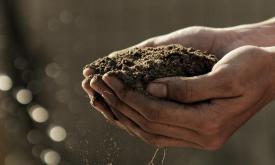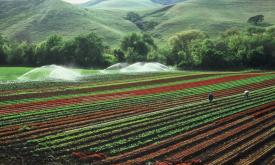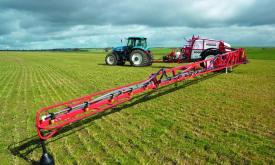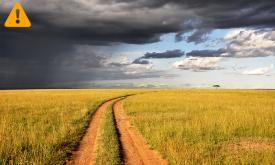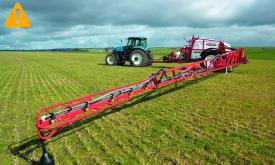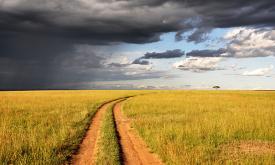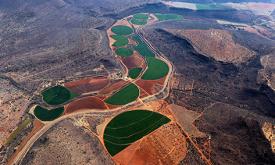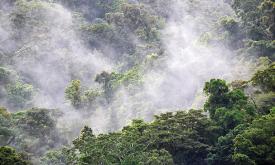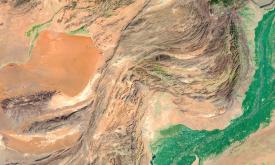Food Security & Agroecology
Achieving sustainable agri-food systems relies on generating new knowledge rooted in agro-ecological principles. This entails integrating scientific and local knowledge, strengthening African capacities, and advocating for evidence-based policies. While Regional Centres of Excellence offer a pathway to contribute to this transformative process, several challenges must be navigated:
- Strengthening Evidence Production: Agroecology's potential contributions are recognized, but challenges remain in enhancing data collection and advocacy efforts to amplify impact.
- Fostering Collaboration: Mobilizing diverse stakeholders, including universities, private sectors, and civil society actors, is crucial for producing innovative knowledge.
- Building Competencies: Addressing complex ecological and social challenges requires developing new research agendas and tailored curricula. Networking between RCoEs and forging partnerships offer avenues to build these competencies.
- Accessing Financial Resources: African research organizations face hurdles in accessing necessary financial resources to enhance infrastructure and capabilities.
Regional Centres of Excellence
The Forum for Agricultural Research in Africa (FARA) will coordinate the efforts of selected RCoEs in the agri-food domain to address its challenges.
Available Resources
